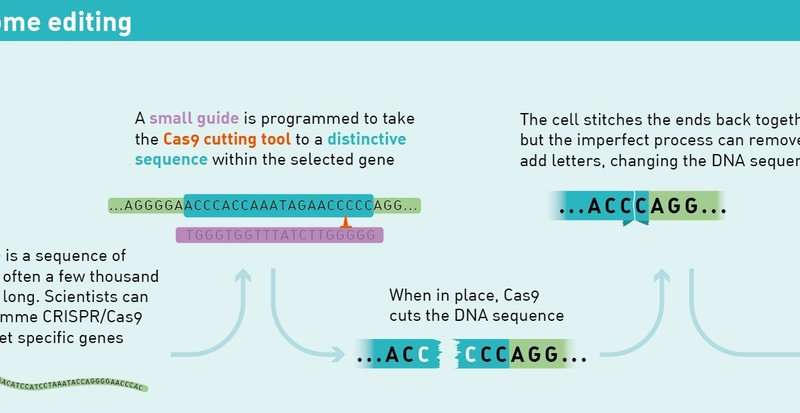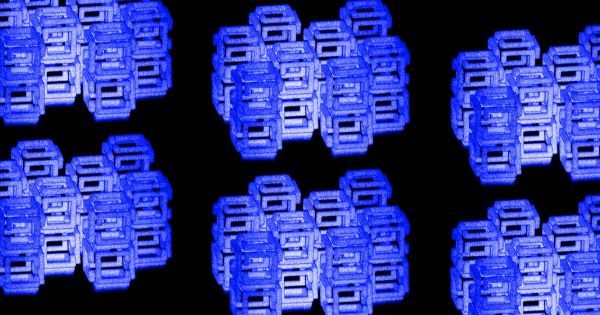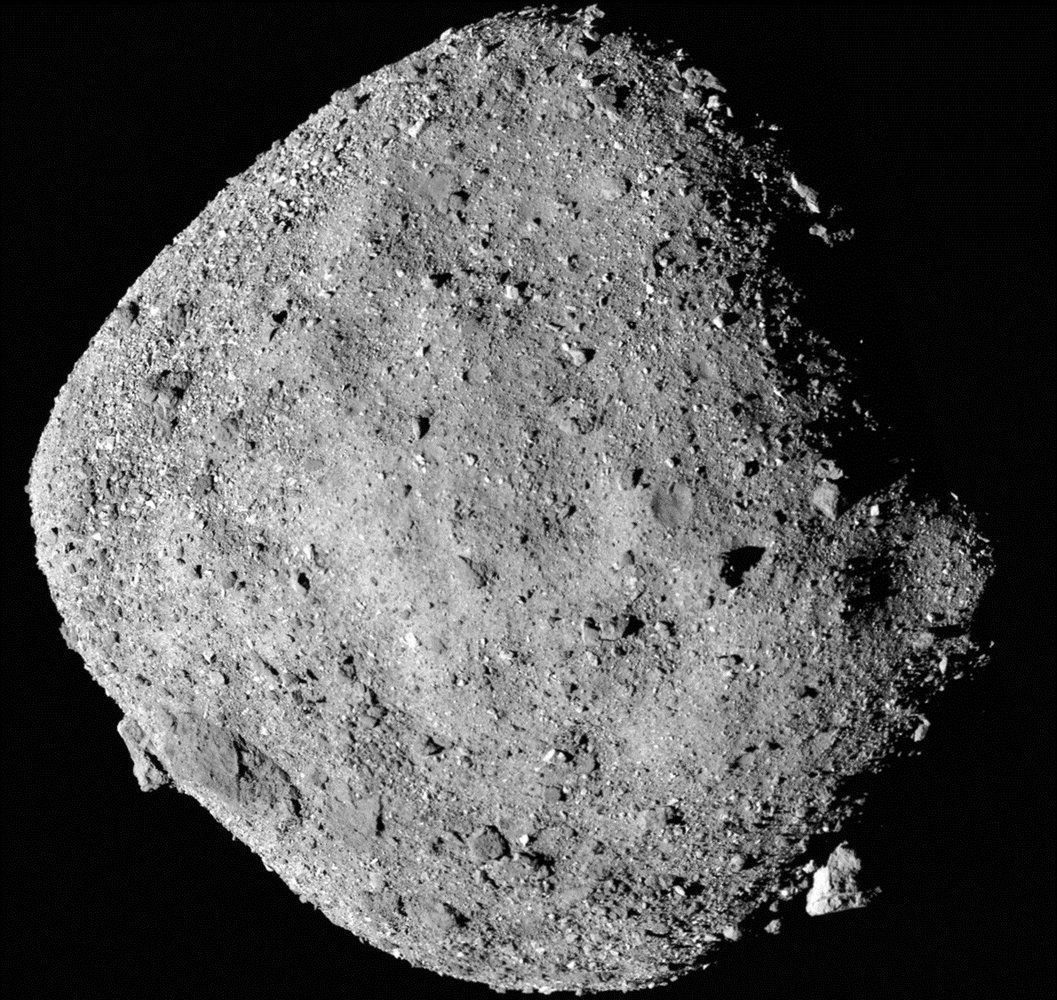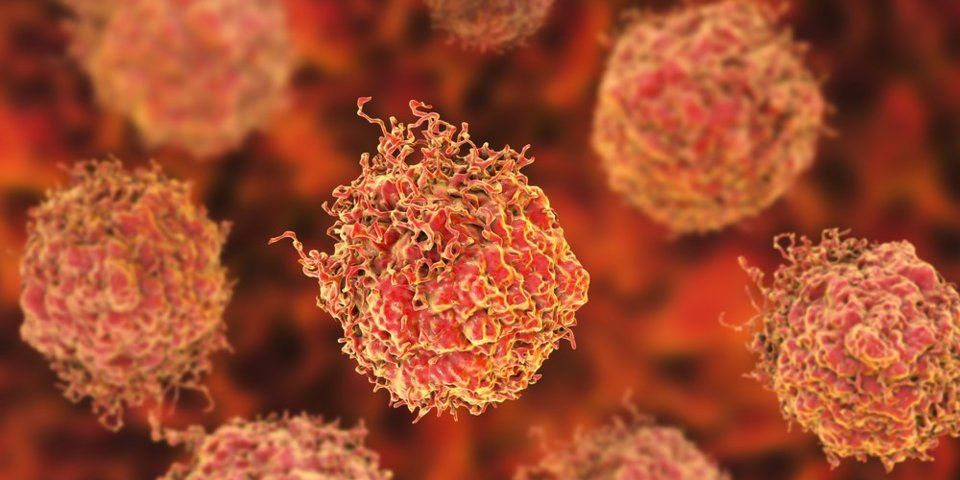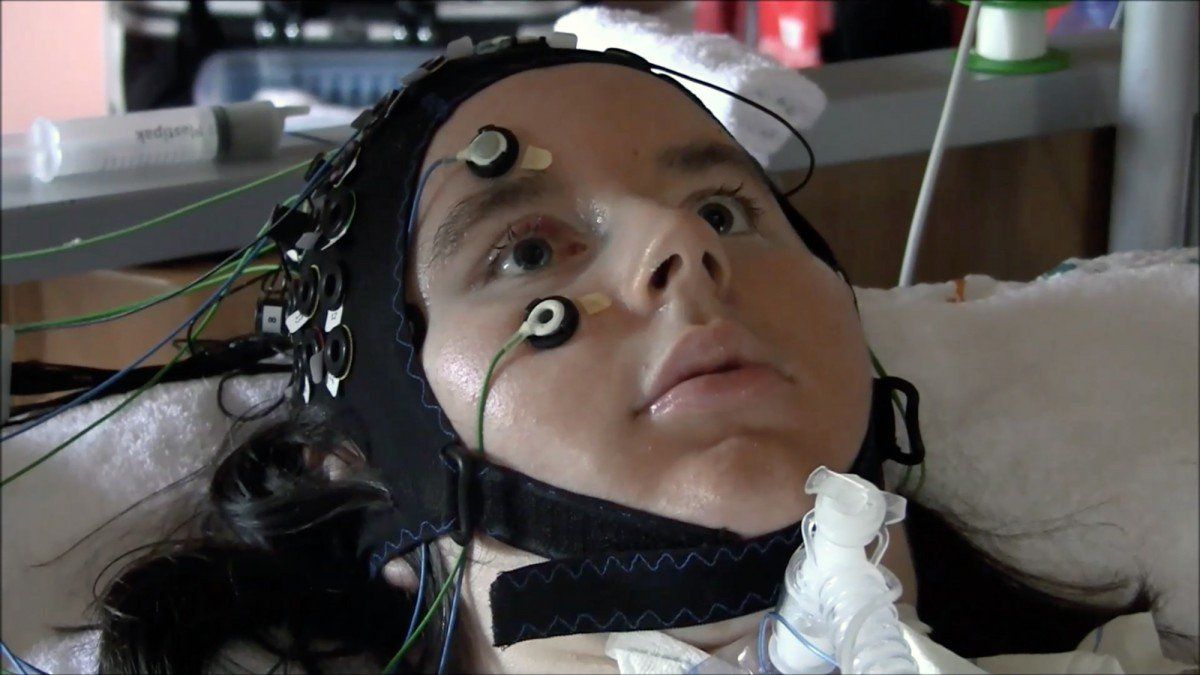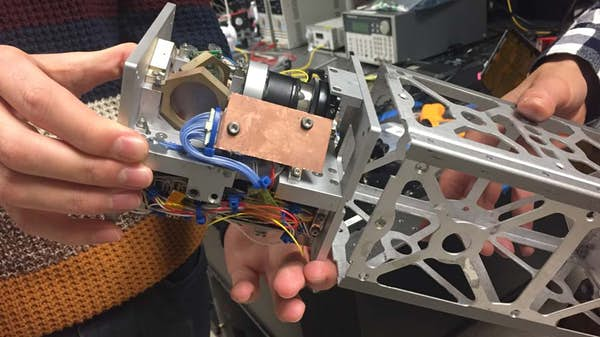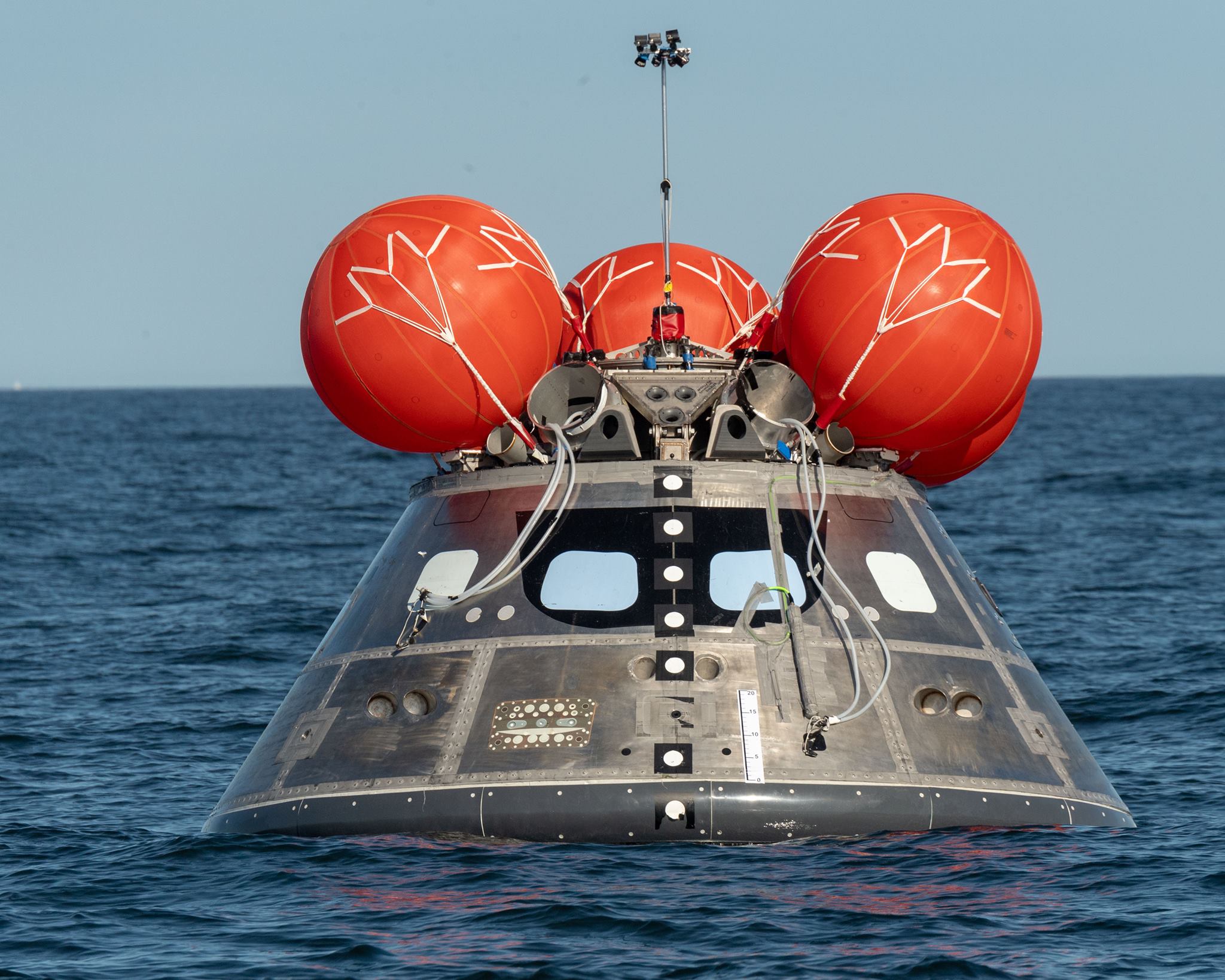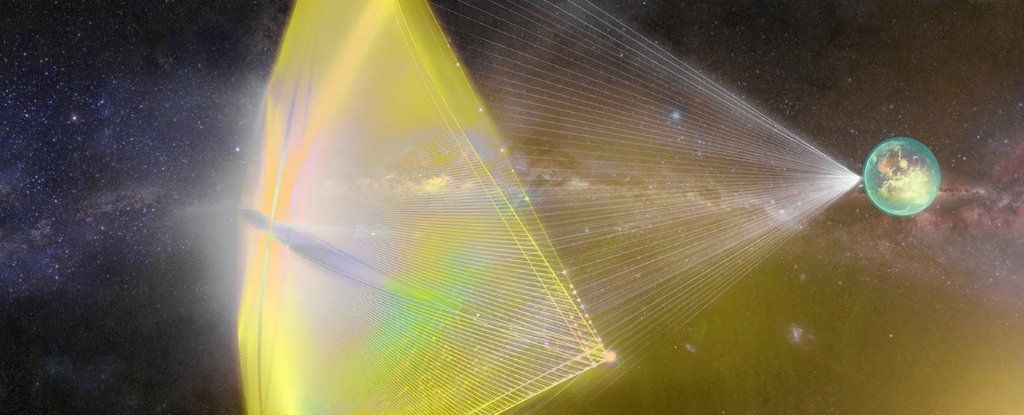Scientists at the Francis Crick Institute have discovered a set of simple rules that determine the precision of CRISPR/Cas9 genome editing in human cells. These rules, published in Molecular Cell, could help to improve the efficiency and safety of genome editing in both the lab and the clinic.
Despite the wide use of the CRISPR system, rational application of the technology has been hindered by the assumption that the outcome of genome editing is unpredictable, resulting in random deletions or insertions of DNA regions at the target site.
Before CRISPR can be safely applied in the clinic, scientists need to make sure that they can reliably predict precisely how DNA will be modified.
